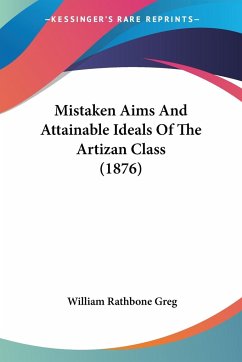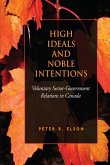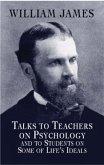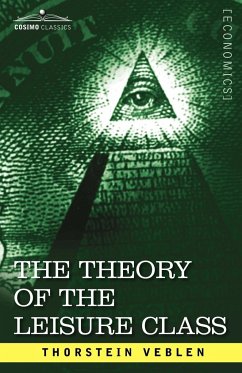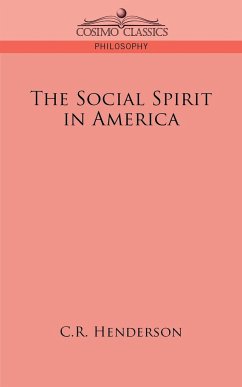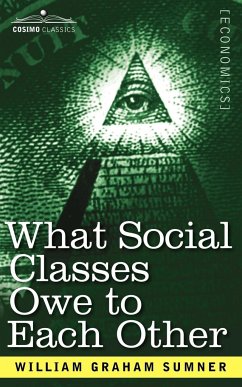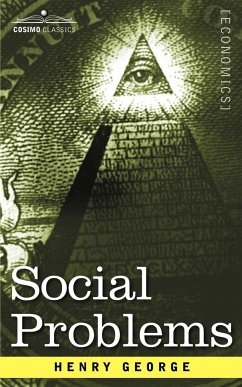Shut off from Europe by the peril and length of the voyage across the ocean; encircled by vigilant foes; sharing the fortunes of pioneers on a remote frontier, the colonists were driven together by the conditions in which they lived and by a colonial policy which bore heavily upon them all and bred a growing discontent in every colony. The English, the Scotch, the Dutch brought with them well-defined ideas of political liberty; while the French, driven from their old homes by the tyranny of an arbitrary personal government, found the air of the New World stimulating to the impulse toward freedom. -from "Chapter X: The American and His Government" Why are Americans so... American? The question has been vexing the rest of the world since at least the time of the American Revolution, and so in 1913, Hamilton Wright Mabie-one of the more influential American thinkers and popular writers of the early 20th century-set out to explain the character of the nation, not just to foreigners but to Americans themselves. From the very settling of the first European colonies in the New World to the sensationalistic newspapers of his own time, Wright Mabie explores the conditions, attitudes, and beliefs that shaped the idea of America and molded the unique personality of her people. Also available from Cosimo Classics: Wright Mabie's The Life of the Spirit OF INTEREST TO: fans of American history, students of cultural issues American essayist and critic HAMILTON WRIGHT MABIE (1845-1916) wrote extensively on literature, religion, and mythology, and as the book columnist for Ladies Home Journal magazine from 1902 to 1912, he helped spread the love of reading to the general public. Among his many works are Essays in Literary Interpretation (1892), William Shakespeare, Poet, Dramatist, and Man (1900), Norse Stories Retold from the Eddas (1901), Legends Every Child Should Know (1906), and Heroes Every Child Should Know (1908).
Hinweis: Dieser Artikel kann nur an eine deutsche Lieferadresse ausgeliefert werden.
Hinweis: Dieser Artikel kann nur an eine deutsche Lieferadresse ausgeliefert werden.


